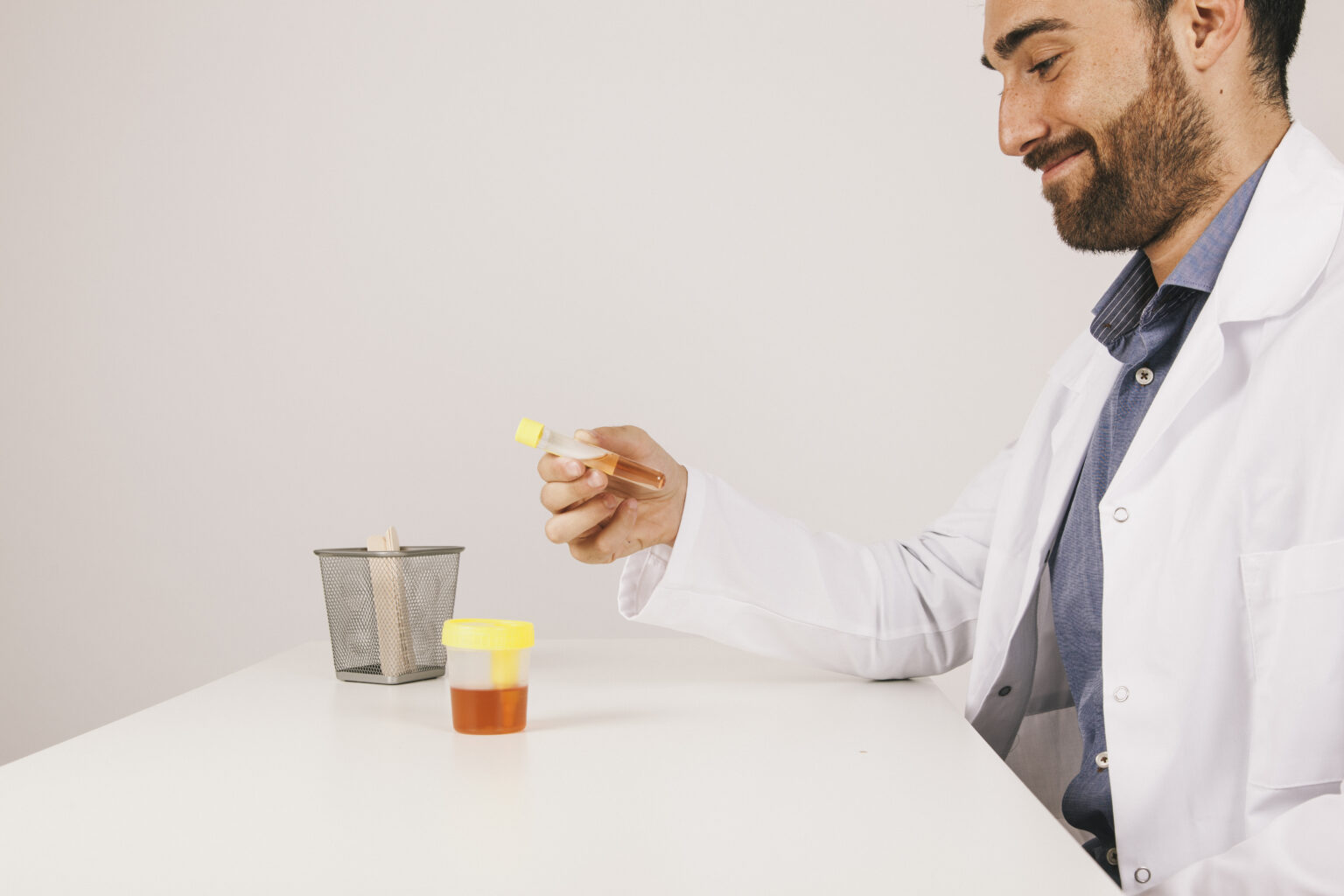The biological clock, also known as the circadian rhythm, is an innate mechanism that controls the physiological activities of living organisms. It is a natural timing system that regulates the body’s rhythms over a 24-hour cycle, changing throughout the day, season, or year.
Discover everything you need to know about the biological clock and its impact on your daily health.
Learn how the biological clock impacts health. Discover tips for regulating sleep, managing stress, and enhancing well-being by maintaining circadian rhythm harmony.
Components of the Biological Clock
The biological clock consists of a group of nerve cells in a part of the brain called the suprachiasmatic nucleus (SCN) located in the hypothalamus.
This nucleus receives light signals from the eyes and adjusts the body’s rhythms according to the light-dark cycle.
How Does the Biological Clock Affect the Body?
The biological clock influences numerous vital processes, including:
Impact on Sleep and Wake Cycles
When the sleep-wake cycle does not align with the natural day-night cycle, it leads to what is known as “circadian rhythm disorders.” These disorders can affect sleep quality and may cause health issues such as:
- Diabetes
- Poor heart health
- Cancer
- Depression
- Bipolar disorder and other mood disorders
Effect Biological Clock on Body Fluid Balance
The biological clock influences hormone levels and other chemicals in the blood over different periods, including:
- Melatonin: Secreted by the pineal gland, it is considered the sleep hormone. Its secretion is influenced by light and increases in darkness.
- Cortisol: The stress hormone that rises in the morning to help with alertness and activity.
Impact Biological Clock on Medication Intake
The timing of medication intake can be crucial according to the biological clock:
- Blood Pressure Medications: Recent studies have shown that taking blood pressure medications at specific times (morning or evening) can reduce the risk of heart attacks.
Personal Chronotype and Medication
An individual’s chronotype affects how they respond to blood pressure medications, and timing the doses according to the biological clock can reduce the risk of heart disease.
We all have an internal biological clock that determines our chronotype. This internal time affects:
- 24-hour biological functions
- Gene expression
- Blood pressure rhythms
- Medication responses
Example of Circadian Rhythm Disorders
Night Shift Work: Working night shifts leads to sleep disorders as work hours conflict with the body’s natural sleep timing. This results in excessive sleepiness, insomnia, constant fatigue, and increased risk of high blood pressure and obesity.
Body Temperature Variation
Body temperature changes by about one degree over a 24-hour period, being lowest at night and rising during the day.
How to Maintain Biological Clock Harmony
Maintaining a daily harmony with the biological clock is essential for health, affecting:
- Sleep and wake quality
- Daily energy and activity levels
- Immunity and general health
Factors Influencing the Biological Clock
- Food: The timing of meals affects the biological clock.
- Light: Exposure to light and darkness adjusts the biological clock rhythm.
- Stress: Physical and emotional stress can disrupt the biological clock.
- Age: The biological clock changes with age.
Guidelines for Managing the Biological Clock
To maintain a regular biological clock, it is advised to:
- Keep a consistent sleep and wake schedule.
- Avoid exposure to blue light at night (like from phones and tablets) before bedtime.
- Exercise and eat at times suitable for the biological clock.
Following these guidelines can help maintain biological clock harmony, thereby enhancing overall health and well-being.
In conclusion, the biological clock plays a crucial role in regulating our daily body rhythms, and its impact on our general health is undeniable. By understanding how it works and how it affects various body functions, we can take effective steps to improve our daily lifestyle and enhance our well-being.
Whether it’s adjusting sleep habits, scheduling meals, or reducing stress, maintaining your biological clock harmony can be the key to a healthier and more active life. Start taking care of your biological clock today and enjoy its numerous health benefits. Remember, your health is your true wealth, so invest in it wisely!
Author: Hala Al-Ahmad, Volunteer at Masarat Initiative








